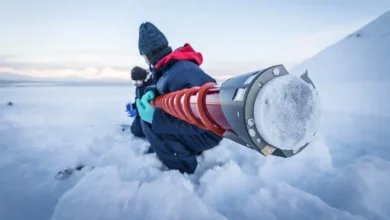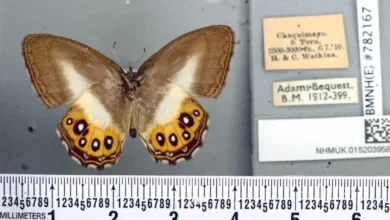Study explain if Vitamin C can help cancer patients

The antidote to cancer might just be somewhere in our refrigerators. According to a study led by Dr. Joseph J. Cullen, University of Iowa, intravenous, high-dose vitamin C to a chemotherapy procedure can increase the survival rate of patients with pancreatic cancer from right months to 16 months.
Joseph J. Cullen, MD, FACS, a professor of Surgery and Radiation Oncology at the University of Iowa, told StudyFinds, “This is a deadly disease with very poor outcomes for patients. The median survival is eight months with treatment, probably less without treatment, and the five-year survival is tiny. When we started the trial, we thought it would be a success if we got to 12 months survival, but we doubled overall survival to 16 months. The results were so strong in showing the benefit of this therapy for patient survival that we were able to stop the trial early.”
Findings of the study:
The study was conducted on 34 patients with stage 4 pancreatic cancer. The participants were divided into two groups – one group received standard chemotherapy, and the other group received the same procedure of chemotherapy, but added with intravenous infusions of 75 grams of vitamin C three times a week.
It was observed that the second group who received infusions of Vitamin C demonstrated a survival rate of 16 months, while the patients who received only chemotherapy survived for only right months. Not only that, patients who received Vitamin C infusions also felt better during the entire procedure and showed more tolerance to the treatment.
Vitamin C and brain cancer
Bryan Allen, MD, PhD, a professor and chief of Radiation Oncology at the University of Iowa, and Joseph J. Cullen collaborated on another project where they used infusions of Vitamin C on glioblastoma, a form of deadly brain cancer. Vitamin C demonstrated to increase survival rate in this case as well.
Joseph J. Cullen also added that in case of pancreatic cancer, Vitamin C infusions have proved to even save patients. Three participants are still alive, with nine years at this point, which is a lot more than the expected survival rate in these types of cancers.










